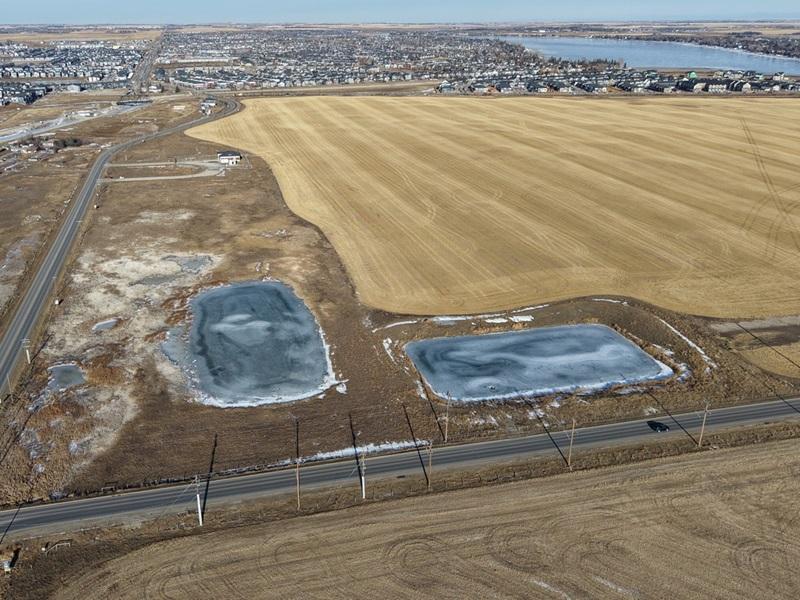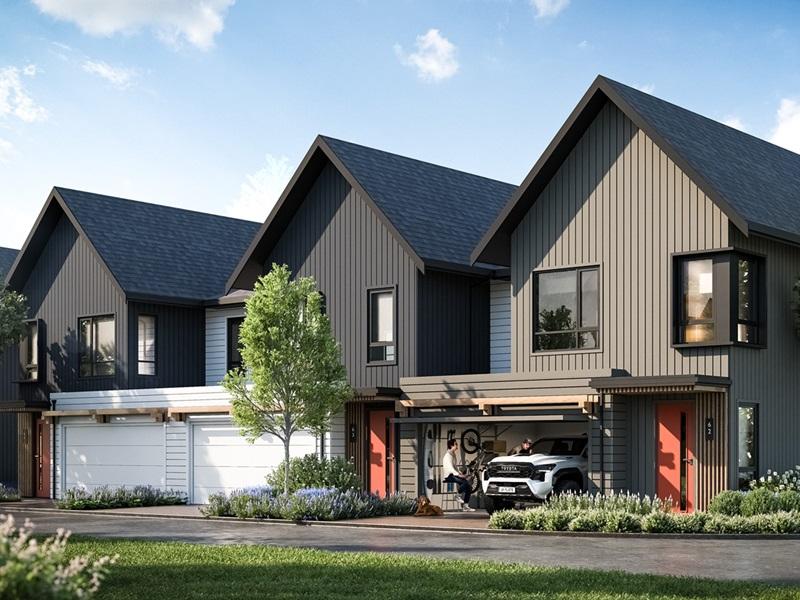
Rents for new listings continued to surge in 2023, with the average asking rent for all residential property types in Canada reaching a record-high of $2,178 in December 2023, according to the latest report by Rentals.ca and Urbanation.
The figure is an 8.6 per cent increase from the previous record of $2,005 in December 2022. Average asking rents nationwide have risen 22 per cent during the past two years, the report states.
While the priciest cities of British Columbia and Ontario continued to top the average asking rents for one-bedroom units, cities in Alberta, Quebec and Saskatchewan have experienced many of the largest year-over-year increases.
“The big thing is supply and demand. There is not even close to enough supply for the demand we’re seeing,” Giacomo Ladas, a communications manager at Rentals.ca, told RENX Homes.
Though the asking rents in the areas of Alberta, Quebec and Saskatchewan covered in the report remain below those of cities such as Toronto or Vancouver, it is not unusual for yearly increases to be higher - sometimes by a significant margin.
The report is compiled and written by rentals listing company Rentals.ca and real estate data firm Urbanation.
Rents across Canada continue to rise
The average asking price in Canada was driven primarily by apartments at a 12.8 per cent increase year-over-year, compared to 6.9 per cent for condominiums and 5.9 per cent for houses/townhomes.
However, apartments continued to have the lowest average asking rents in December 2023 at $2,076, compared to $2,340 for condos and $2,354 for houses/townhomes.
Average asking rents have increased steadily since the spring of 2021. The five-year average annual increase is 4.9 per cent.
Ladas said rents increased because of record-high population growth, high inflation and a lack of new housing – which all shrink supply.
Municipalities that topped the average asking rent for condos and apartments were Vancouver ($3,059), Toronto ($2,832) and Mississauga ($2,650).
Vancouver saw a 0.7 per cent decrease in its average asking rents year-over-year, while Toronto and Mississauga saw relatively modest increases of 2.1 per cent and 7.8 per cent. Other cities in Ontario and B.C. rounded out the Top-10.
Saskatoon, Regina and Edmonton had the lowest average condo and apartment asking rents, at $1,287, $1,293 and $1,467, respectively. But those rents increased significantly year-over-year in Saskatoon (eight per cent), Regina (13.3 per cent) and Edmonton (13.5 per cent).
Alberta, Quebec, Saskatchewan lead the incline
While the microscope on housing costs is typically focused on cities in Ontario and B.C., Alberta, Quebec and Saskatchewan showed double-digit asking rent increases last year.
The highest year-over-year growth in apartment and condo asking rents was in Alberta (16 per cent), followed by Quebec (10 per cent) and Saskatchewan (10 per cent).
Alberta’s largest cities Calgary and Edmonton led the charge. Calgary saw a 14 per cent year-over-year increase in average asking rents to $2,071, while Edmonton saw a similar increase at 13.5 per cent to $1,467.
Both cities continued rent growth from 2022. Calgary’s asking rents, for example, skyrocketed by 22.6 per cent in 2022.
Quebec City saw the highest year-over-year asking rent increase for a municipality in December 2023 at 18.9 per cent to $1,535. Montreal saw an 11.3 per cent increase to $2,019.
Saskatoon’s average asking rent rose by eight per cent year-over-year to $1,287.
Ladas attributed the trends to interprovincial migration. As housing affordability squeezes out young adults in Ontario and B.C., thousands are choosing Alberta, Quebec, Saskatchewan and the Maritimes.
“It just really reflects what people are prioritizing. Renters aren’t prioritizing accessibility anymore when they look for an apartment. The No. 1 factor is affordability,” he said.
The lack of housing supply is an issue Ladas pressed, pointing to data like Vancouver’s sub-two per cent vacancy rate as indicative of tight supply.
“People are waiting on an impending crash or recession or however you like to phrase it, so there’s a lot of hesitancy right now for people to move out of their rentals right now,” Ladas said.
Unless more purpose-built rentals are built, rents will continue to increase, he added.
The expectations for 2024
The report also offers forecasts for 2024: rental markets in Alberta should continue to have above-average rent increases, while B.C. and Ontario could experience below-average rent increases.
With the economy slowing down, a reduction in non-permanent immigration and more homebuying due to an expectation of declining interest rates, Ladas said rental demand will stay strong. There may be a stabilization in rents toward the five-year average of five per cent annually, he continued.
Ladas identified efforts to address rental supply, such as the federal government removing the Goods and Services Tax on purpose-built rentals, housing affordability being the No. 1 political issue and what he referred to as “historic” building levels.
The rental market may be more balanced toward the end of 2024, he concluded.










